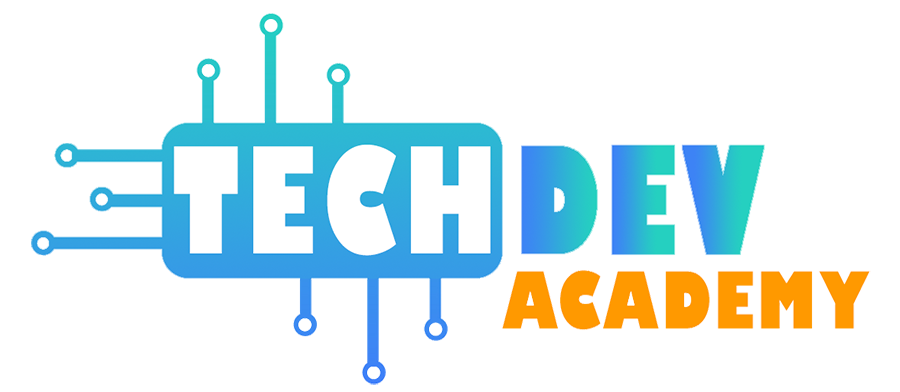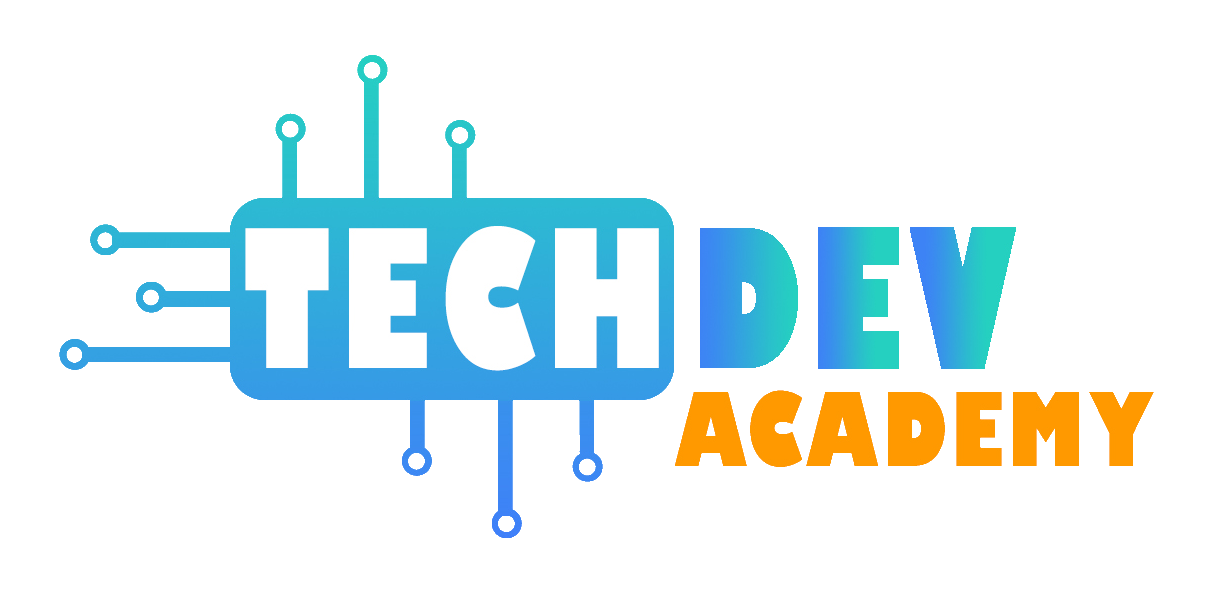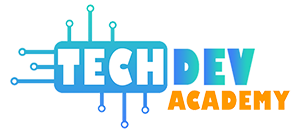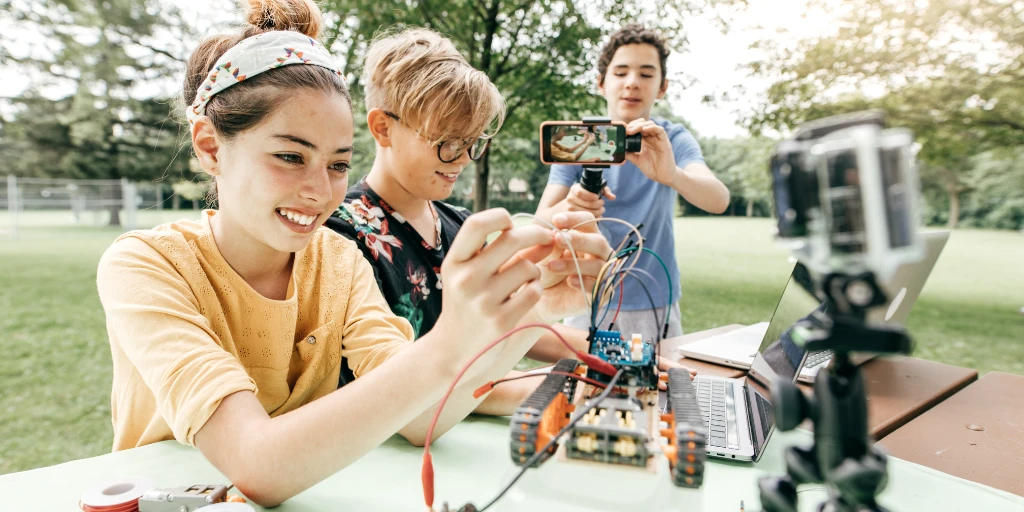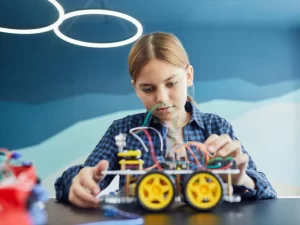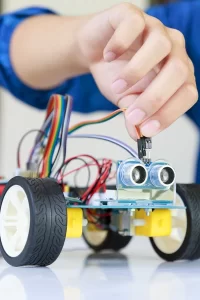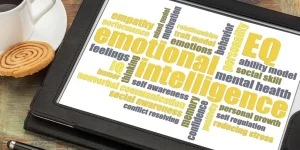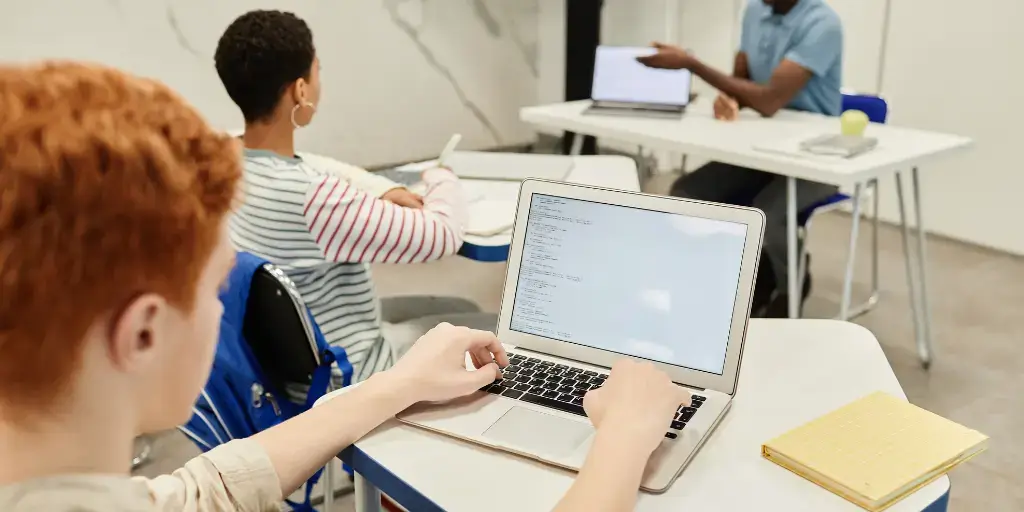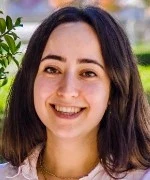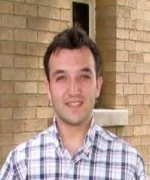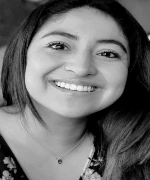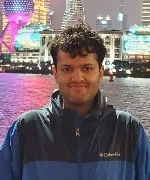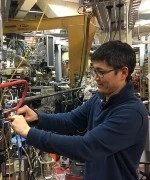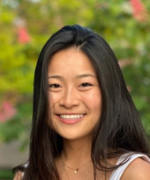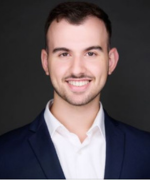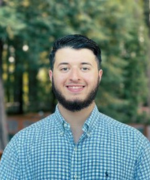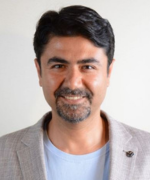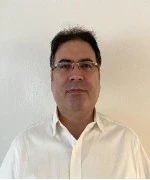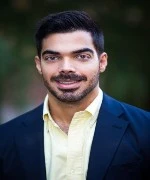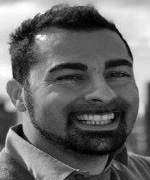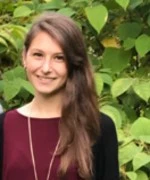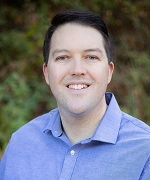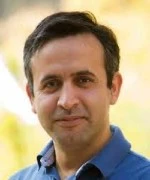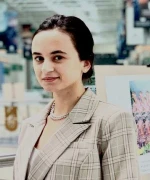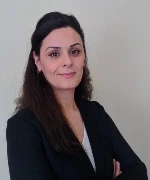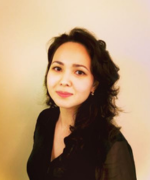The Benefits of Project-Based Learning
Project-based learning (PBL) is an educational approach that focuses on students actively solving real-world problems or tackling authentic questions through in-depth, hands-on projects. Instead of traditional classroom lectures and tests, PBL involves students in actively constructing their own knowledge and skills through problem-solving and critical thinking.
This approach helps students to apply what they are learning to real-world situations, resulting in a better understanding of how their education will benefit them.
PBL projects typically involve students working independently or in small groups to research and explore a topic, problem, or question, and then presenting their findings or solutions in a final product or presentation. The process of completing a PBL project typically involves several stages, including brainstorming and planning, researching and gathering information, creating a final product or presentation, and reflecting on the learning process.
PBL is ideal for students with different skill levels, learning preferences, and interests. The focus of projects can be science, technology, engineering and math (STEM), or language arts, social studies and other subjects.
- Increased motivation and engagement
Project-based learning can increase motivation and engagement among students. When students are given the opportunity to work on real-world problems or authentic questions that are relevant and meaningful to them, they are more likely to be engaged and motivated by the learning process.
PBL allows students to take ownership of their learning and see the value, relevance and real world application of what they’re learning. This leads to increased curiosity and desires to learn more, which can have a positive impact on overall engagement.
- Improved problem-solving and critical thinking skills
PBL helps students develop critical thinking and problem-solving skills by giving them the tools to solve real-world problems. They must consider multiple perspectives, gather and analyze information, and find creative solutions. By doing so, they can apply what they are learning to real-world situations.
- Enhanced communication and collaboration skills
PBL often involves students working in teams, which can help them develop their communication and collaboration skills. Students must learn to communicate, collaborate and work together towards a common goal in order to achieve success.
This can involve negotiating roles and responsibilities, compromising, and finding ways to support and encourage one another. These skills are crucial for success in both academic and professional settings and can be developed and strengthened through PBL.
- Greater self-direction and responsibility
PBL involves students in the process of their own learning. This can include any number of projects, such as research-based projects, design challenges, team projects and presentations. Instead of being told what to learn and how to learn it, with PBL students have the freedom to choose their own projects and work at their own pace.
- Enhanced creativity and innovation
PBL fosters creativity and innovation both in the classroom and in areas of life outside of school. Students gain a sense of accomplishment from working on a project, and they have the freedom to explore their interests while working on that project. This can be an important skill set when considering such career fields as design, engineering and architecture.
- Improved retention and transfer of knowledge
PBL allows students to see the relevance of what they are learning and to apply their knowledge to real-world situations, which can lead to a deeper understanding and better retention of the material. Additionally, because PBL requires students to transfer their learning to new situations, they are better equipped to apply their knowledge to future challenges.
- Greater cultural awareness and sensitivity
PBL often involves students researching and studying real-world issues, which can help them develop a greater understanding and appreciation for different cultures and perspectives. This can lead to greater cultural awareness and sensitivity, which are important skills in today’s diverse and interconnected world.
- Improved school culture and climate
PBL can help create a more positive and supportive school culture and climate. When students feel motivated, engaged in their learning, they are more likely to be respectful and supportive of their peers. PBL can also help foster a sense of community and collaboration among students and teachers. A positive school culture and climate can have a ripple effect, leading to increased attendance, higher grades, and overall academic success.
PBL can be beneficial to educators as well. It allows them to take a more hands-off approach to learning and focus on facilitating and guiding student learning rather than lecturing. Teachers can use this time to work with individual students or small groups, which can be more effective for meeting the needs of a diverse student body. PBL may also allow teachers to spend more time meeting the needs of different learning styles, enabling them to differentiate instruction more effectively.
While PBL does provide many benefits, it is not without its challenges. Teachers need to be well-prepared and plan ahead so that projects are organized and manageable. Nevertheless, the potential benefits to students and school culture make it worth the effort.
